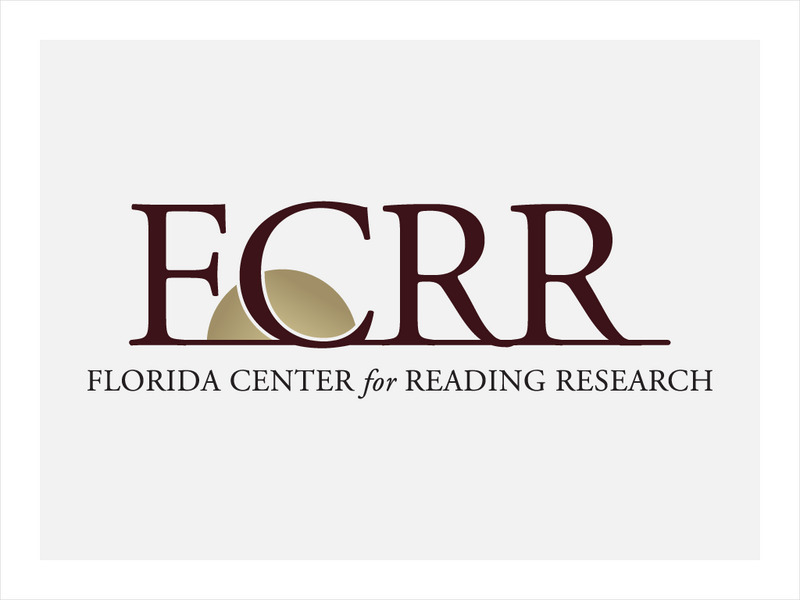ReadWriteThink
Read Write Think: Writing Reports in Kindergarten
Lesson which provides three types of reports for early elementary young scholars to share. These allow young students to see themselves as writers with something useful to contribute from an early age.
Other
Center for Media Literacy: What Is "Critical" Viewing?
Understand the term "critical viewing" as it relates to visual literacy. Learn how to assess the media around you in order to become more knowledgeable and not easily manipulated by what you see.
Other
Center for Media Literacy: What Is "Critical" Viewing?
Understand the term "critical viewing" as it relates to visual literacy. Learn how to assess the media around you in order to become more knowledgeable and not easily manipulated by what you see.
Writing Fix
Writing Fix: Some Animals Don't Do That!
In this lesson plan, Dogs Don't Wear Sneakers by Laura Numeroff, is used as a mentor text for to highlight the trait of idea development. The content focus of the lesson is to highlight what topics cannot do. Students generate a list of...
Scholastic
Scholastic Teaching Resources: Five Finger Facts [Pdf]
From Just-Right Reading Response Activity Sheets for Young Learners, this graphic organizer can be used when students read informational texts. As responses to nonfiction, students will write the following information about their...
Scholastic
Scholastic Teaching Resources: Informational Reading Response [Pdf]
This graphic organizer can be used with students when they read informational text. Students will write three facts they learned, two questions they still have after reading, and one interesting fact that they want to share.
Read Works
Read Works: Finding Food
[Free Registration/Login Required] This nonfiction passage discusses how obtaining food was challenging in the past. This passage is a stand-alone curricular piece that reinforces essential reading skills and strategies and establishes...
McGraw Hill
Mc Graw Hill: Mastering the Common Core Accessing Complex Texts With M. Russo
This professional development video is instructed by the National Reading Consultant, Marisa Russo. She provides explanations about what makes a complex text, why text complexity is important, and techniques to help student access...
Reading Rockets
Reading Rockets: Building World Knowledge: Informational Text
Before, during, and after-reading ideas for introducing students to informational texts in the early-elementary grades in order to boost reading achievement through the upper-elementary grades.
Reading Rockets
Reading Rockets: Activities for Struggling Readers
How can you help the struggling readers in your classroom? This site offers some insight into activities to help develop your students reading skills.
Reading Rockets
Reading Rockets: The Foundations for Reading
What are the foundations for reading? Come and explore this informative article to discover the answer to this question.
Read Works
Read Works: American Symbols
[Free Registration/Login Required] This nonfiction passage lists and explains some of the different American symbols. This passage is a stand-alone curricular piece that reinforces essential reading skills and strategies and establishes...
Read Works
Read Works: Where Does Food Go?
[Free Registration/Login Required] This informational text passage explains the process of food digestion. This passage is a stand-alone curricular piece that reinforces essential reading skills and strategies and establishes scaffolding...
Other
Nclr: The Essentials of Teaching Reading
Find out what the essentials are for teaching reading. This site provides vital information for teachers in developing the most successful reading program for their students.
CPALMS
Cpalms: Buzzing Tails
This video tutorial features the character named Bobby who will assist students as they search for key details in a nonfiction text.
BBC
Bbc: Skillswise: Types of Text
How can you tell if a text is descriptive, informative, instructional or persuasive? This BBC Skillswise tutorial teaches you how with a factsheet, worksheet, quiz, and game.
CPALMS
Cpalms: It's All in the Details
Using this comprehensive lesson plan, students will use a web graphic organizer to learn to record the main idea and details learned from informational text read aloud to them.
CPALMS
Cpalms: Lafs.1.ri.4.10
This website offers various resources to meet the common core standard of reading informational texts appropriately complex for grade 1. Resources include center activities, lesson plans, and a professional development article.
Florida Center for Reading Research
Florida Center for Reading Research: Monitor for Understanding: Strategic
A lesson plan in which students complete a graphic organizer to record prior knowledge before reading, ask questions while reading, and summarize a text after reading. Materials are included. [PDF]
Florida Center for Reading Research
Florida Center for Reading Research: Monitor for Understanding: Sum Summary! [Pdf]
A lesson plan in which young scholars read a narrative or informational text and complete graphic organizers to help them write good summaries of the texts. Materials are included.
Florida Center for Reading Research
Florida Center for Reading Research: Classifying Info [Pdf]
A lesson plan in which students read a text and complete a graphic organizer to find the main idea and supporting details. Materials are included.
Florida Center for Reading Research
Florida Center for Reading Research: Expository Text Structure: Summarizing [Pdf]
A lesson plan in which students read a text and record the main ideas and supporting details on a graphic organizer. Students then complete the organizer by writing a summary of the text. Materials are included.
Florida Center for Reading Research
Florida Center for Reading Research: Exp. Text Structure: Classic Classifying
A lesson plan in which students read a text and write main ideas and supporting details in boxes on a graphic organizer. Materials are included. [PDF]
Florida Center for Reading Research
Florida Center for Reading Research: Narrative Text Structure: Retell Wheel
A lesson plan in which students read a narrative text and then turn a question wheel to answer questions about the characters, setting, conflict, and plot. Materials are included.[PDF]


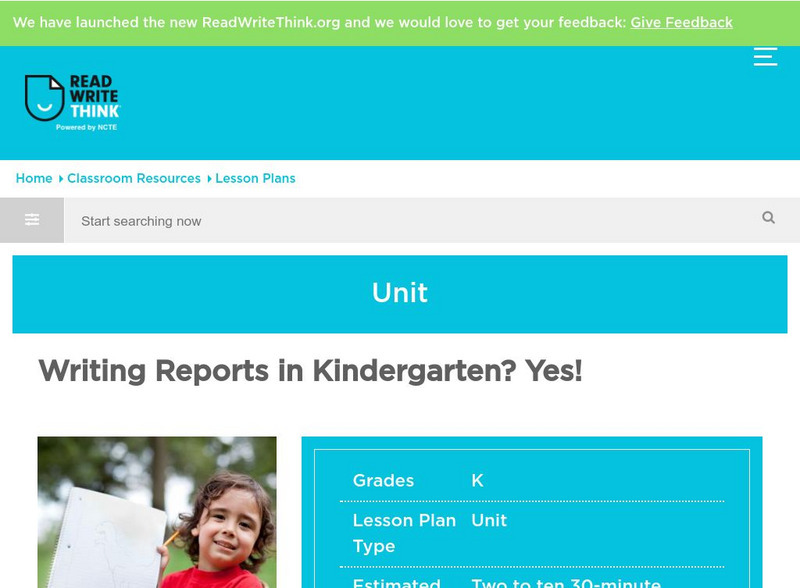

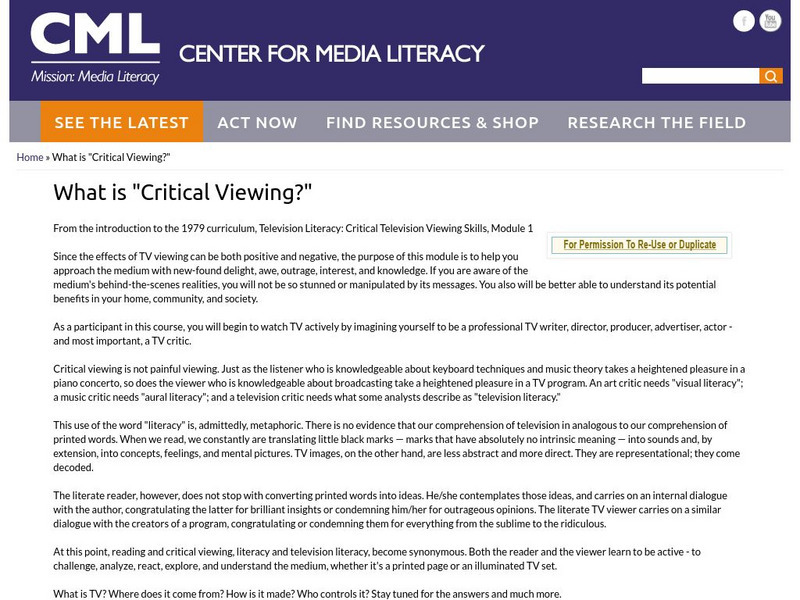

![Scholastic Teaching Resources: Five Finger Facts [Pdf] Graphic Scholastic Teaching Resources: Five Finger Facts [Pdf] Graphic](https://content.lessonplanet.com/knovation/original/261454-1ed71ed4b96b74111872432db98b51cc.jpg?1661510815)
![Scholastic Teaching Resources: Informational Reading Response [Pdf] Graphic Scholastic Teaching Resources: Informational Reading Response [Pdf] Graphic](https://content.lessonplanet.com/knovation/original/261457-b11bd4d074a51abd27ef520fb690e45a.jpg?1661510812)
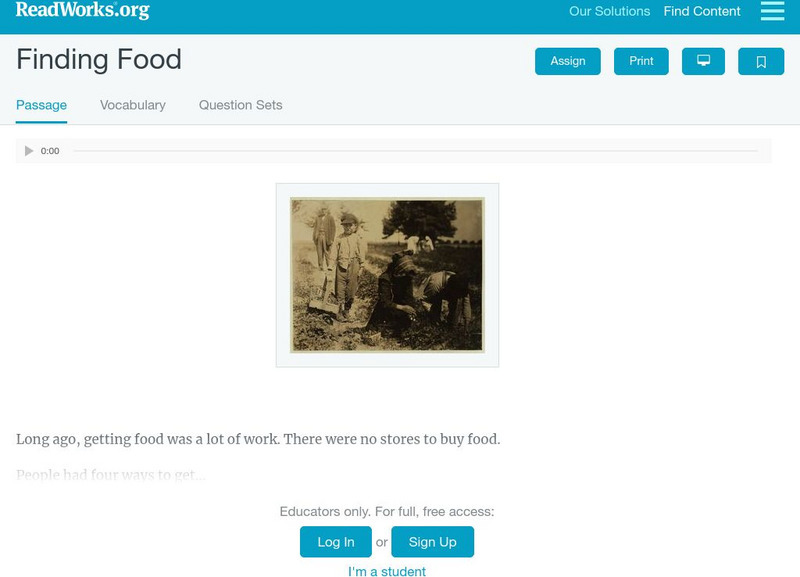


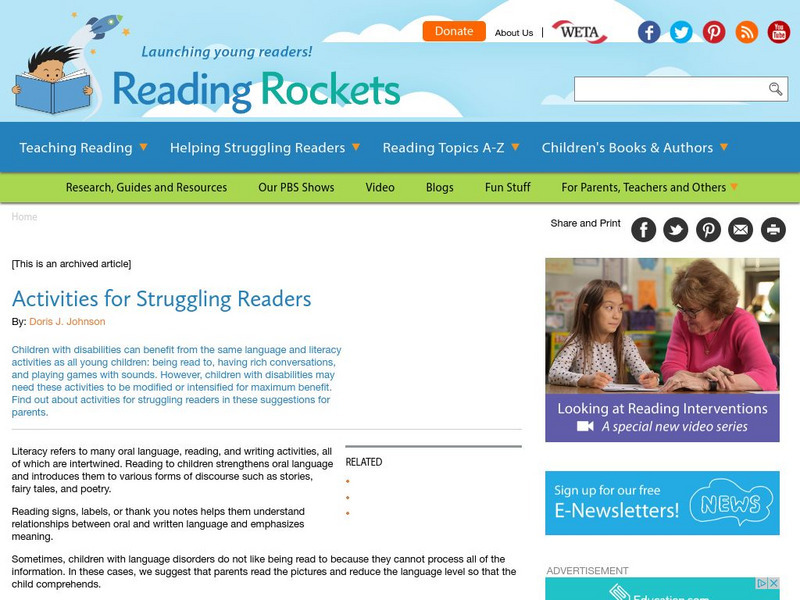

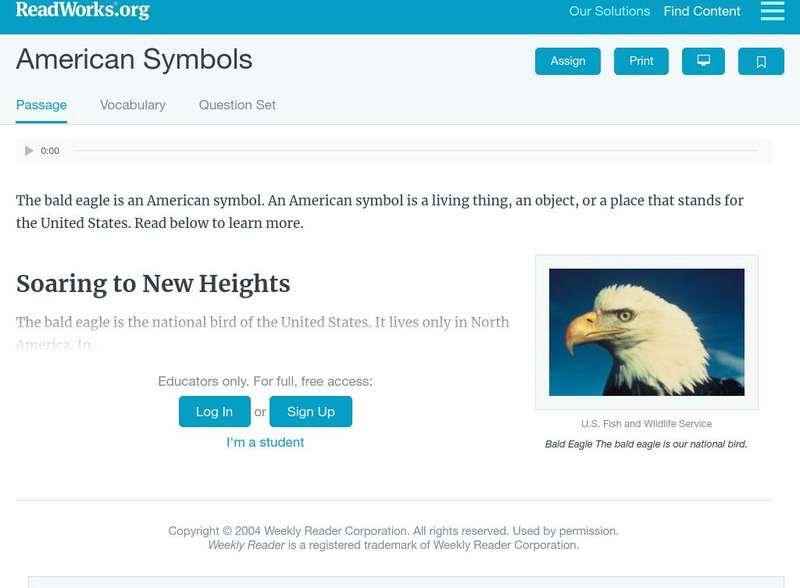
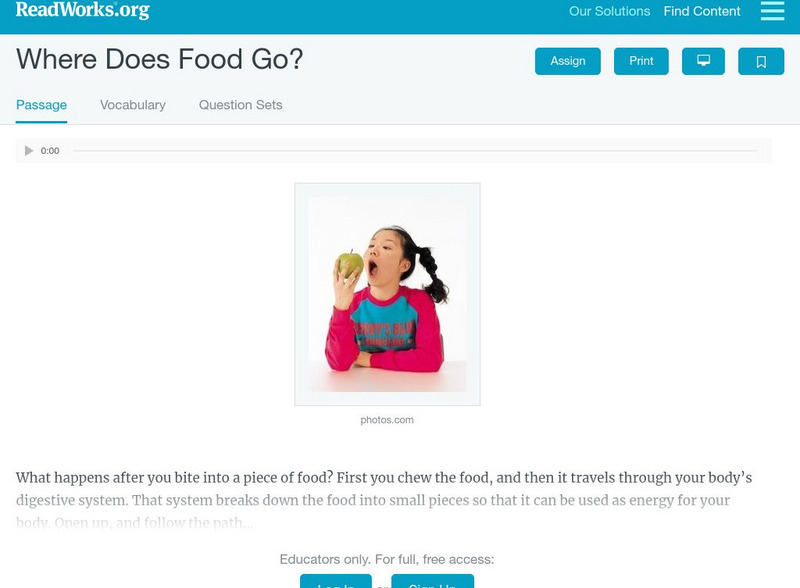






![Florida Center for Reading Research: Monitor for Understanding: Sum Summary! [Pdf] Lesson Plan Florida Center for Reading Research: Monitor for Understanding: Sum Summary! [Pdf] Lesson Plan](https://content.lessonplanet.com/knovation/original/509088-9fceb7ddd10dab1b4fb2d2cdfe6dce64.jpg?1661786991)
![Florida Center for Reading Research: Classifying Info [Pdf] Lesson Plan Florida Center for Reading Research: Classifying Info [Pdf] Lesson Plan](https://content.lessonplanet.com/knovation/original/509096-8cdfbf6a2bb73b8aba0c98e84cd1f596.jpg?1661786980)
![Florida Center for Reading Research: Expository Text Structure: Summarizing [Pdf] Lesson Plan Florida Center for Reading Research: Expository Text Structure: Summarizing [Pdf] Lesson Plan](https://content.lessonplanet.com/knovation/original/509106-80e78b7399a2808435954652f1b4d966.jpg?1661786965)
